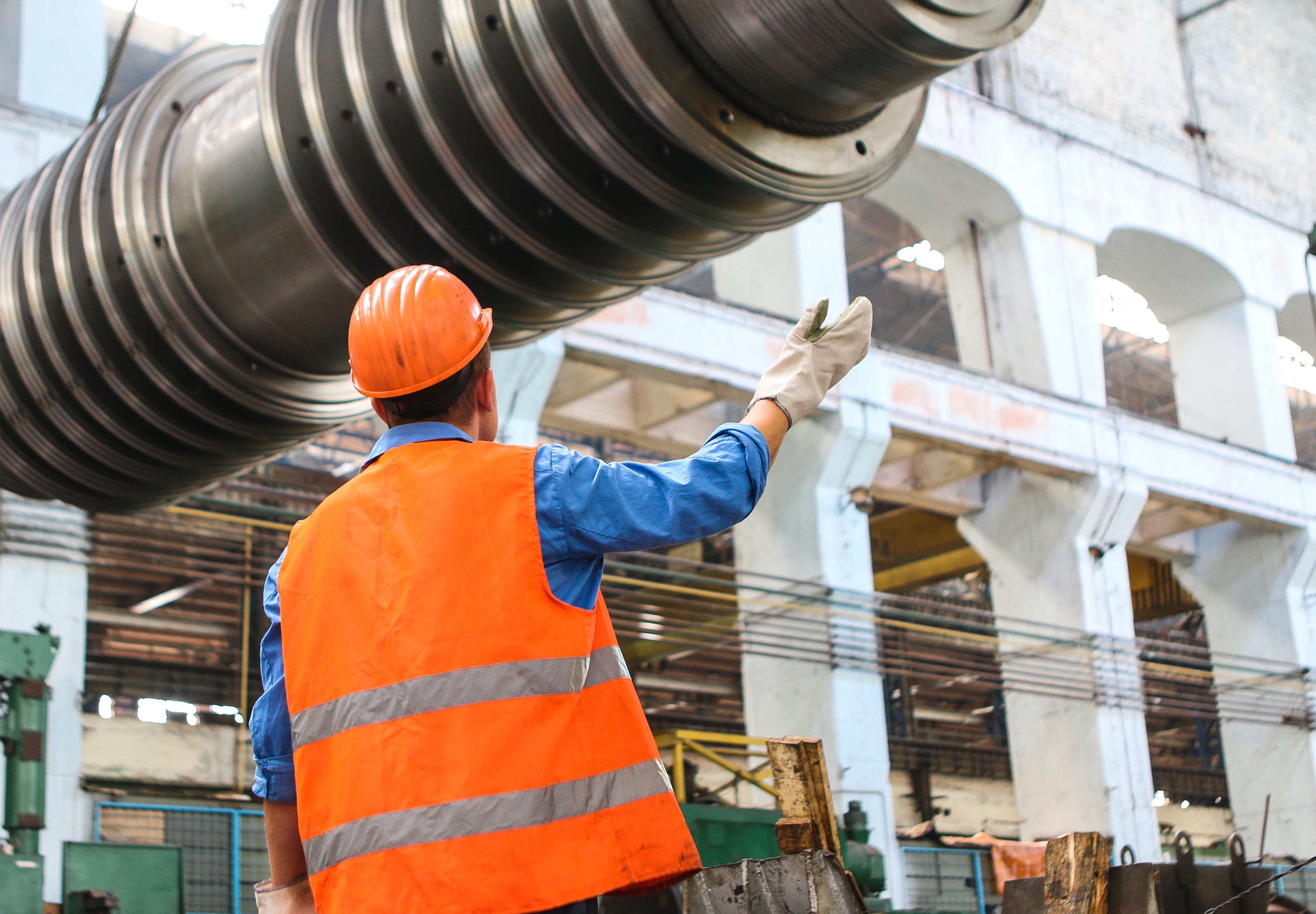With global supply chains shifting to meet new demands and raw material prices fluctuating on a seemingly daily basis, the construction industry is now feeling the combined pressure from issues domestically and abroad.
The Wall Street Journal reported on the correlation between the increase in cost of building houses and the increase in cost of construction materials, such as lumber, bricks, and cement. In fact, it’s not only lumber and plywood that have increased by 56%, copper and brass have increased by more than 30%, steel prices have risen by over 10%, and precast concrete has increased by more than 4%.
The rising cost of building material can be attributed to the COVID-19 pandemic and the varying lockdowns. During the initial months of the pandemic, the lockdowns caused much of the domestic and foreign production for construction materials to be reduced at scale as demand for the materials coming from the construction industry at large was uncertain.
Contractors are still facing lasting supply chain problems, which include disruptions with sourcing materials as well as material delivery to the job site. As a business owner, it’s beyond your power to control the rising costs of materials. This is why, in the past few months, you may have found yourself in a precarious financial situation where you were forced to dip into your personal or business savings to pay the difference in materials cost just so projects were not halted or canceled.
In this article, we’ll discuss the risks you face due to the rising costs of construction materials, how these risks will affect your personal assets, and what you should do so your assets you’ve worked hard to build are protected from any future lawsuits relating to your construction company.
What Should Business Owners do to Mitigate the Rising Costs of Construction Materials?
- Source alternative materials. Materials that are produced closer to the construction site will likely have less supply-chain issues. To reduce the time to deliver your construction materials, check with local suppliers to see if they can source materials to replace those materials with an increased price. Make sure, however, that these alternative materials are of the same quality and warranty as the materials originally agreed to because you don’t want to face a construction defect or materials warranty lawsuit later down the road.
- Replace materials subjected to high tariffs. Trade barriers result in high tariffs. Data from the U.S. International Trade Commission shows that products from China such as plywood, wood flooring, and ceramic tiles, are imposed with high tariffs, which amounts are passed on to the buyers. It’s time for you to review whether the materials being used in your business are sourced locally or sourced from countries with unpredictable trade barriers so you won’t have to bear the burden of high tariffs.
- Review contractual terms. Contracts may include provisions shifting certain risks or duties to another party (e.g. the supplier, subcontractors) or language that sets out who is responsible when the cost of materials increases. Contracts may even set a guaranteed maximum material price.
- Look for innovative and strategic solutions. With today’s technology and alternative construction materials, it’s time to open up discussions with suppliers and project owners and discuss other ways to successfully complete projects on time and on budget. Another strategic solution is also exploring the legal protections available to you through asset protection.
What are the Legal Considerations When Facing Increased Costs of Construction Materials?
- force majeure clauses
- escalator clauses
- clauses requiring the other party to provide the materials
Force Majeure Clauses
Most, if not all, California construction contracts include a force majeure clause, which may allow for delayed performance under the contract or excuse you entirely from performing under the contract in the instance of a “force majeure event.”
Force majeure events typically include naturally occurring events beyond the control of man, such as earthquakes and tsunamis. Force majeure events may also include events that require you to comply with governmental orders, such as war or civil unrest.
While there is no uniform case law to support the position that COVID-19 is a force majeure event, some courts in the U.S. have already excused parties from performing certain contract obligations stating the pandemic does qualify as a force majeure event. In one case, the court allowed a 75% rent abatement, holding that a governor’s stay-at-home order triggered the “governmental action” provisions of the force majeure clause. In another case, the court interpreted a vague and broad force majeure clause to include pandemic-related risks.
In order to appropriately and effectively use force majeure as a negotiating token or legal defense, ask an attorney to review the terms of the construction contract to determine what will qualify as a force majeure event.
Escalator Clauses
Escalator clauses are common in the construction industry and are a key contract element about which every construction company owner should have working knowledge. As the name itself indicates, an escalator clause allows an increase in the price stated in the contract after the occurrence of certain events. An escalator clause may also allow a shift of the burden regarding marginal costs to the other party if there is an increase in the costs by a certain agreed percentage, say, 20%, which happens to be the percentage of price increase of rebar used for concrete.
Escalation clauses are not always as sweet as they may seem.
A review of your escalation clauses may reveal that they apply only to certain construction materials, such as concrete, but do not apply to steel frames. Keep in mind that the contract is the agreement governing you and the other party’s dealings, so it’s best to ask an attorney to review the terms of the contract to avoid any unintended consequences.
The inclusion of an escalation clause may also preclude you from raising the force majeure defense later on. The other party to your contract is also afforded the same legal remedies as you and they are allowed to prove that they did all reasonable steps to avoid increasing the costs of the construction materials.
Part of the strategic planning for your business is to understand you will always have the chance to play defense for your contracts, but you would be better off playing offense by exploring the ways an asset protection attorney can reduce your exposure to liability and safeguard your business assets and personal wealth.
Clauses Requiring the Other Party to Provide Materials
A straightforward way for construction owners to mitigate the risk of increasing material costs in construction is to require the other party to buy materials.
By adding this to future contracts, your company will not be required to pay unstable material costs just to complete the project. This may not be reasonable for all projects, but, with the help of a California attorney, it may make sense for you to include this provision.
An Alternative Remedy – Rescind or Reform the Construction Contract
Aside from the three contractual defenses mentioned above, a business owner may also rescind (end) or reform (modify) the contract. As with most legal remedies, these also come with certain duties.
The right to rescind is an equitable remedy, meaning the courts will not grant this unless both parties will be returned to their original state, as if no contract had ever been entered into. With an equitable remedy, either party’s request to rescind a contract may not be granted if doing so would result in an injustice to the other party. It may be unreasonable to rescind a construction contract based solely upon the unforeseeable increase in raw building material prices.
Contract reform is also an equitable remedy, whereby the courts reform the contract to match the desired and original intent of the parties. This mechanism is seldom used, but nevertheless is available when you have acted in good faith and the increase in material costs results in substantial and detrimental circumstances.
What Risk Does a Construction Owner Face and How to Protect Against Those Risk?
Even with all the right contracts in place and considering all possible risk, the fact remains the costs of construction materials are rising and will delay the completion time of projects. Even worse, the delay could cause the cancellation of your projects altogether.
Defending a breach of contract lawsuit requires you to spend money on legal fees to hopefully avoid a judgment and thereby protect your wealth. But instead, why not consider asset protection now? Asset protection is a proactive legal approach whereby you play offense against any future claims. Asset protection is similar to insurance as it’s only helpful when you have it in place before the event occurs.
You’ve worked hard to accumulate your wealth, so it’s only wise to now protect your personal and business assets. At Sollertis, we help clients build a wall between high-risk assets with the most exposure to liability such as a construction company, and those other less risky assets such as a residential home or stock portfolio.
Now You Know
The increasing costs of construction materials is problematic. The pandemic caused this issue and subsequent worldwide intermittent lockdowns continue to exacerbate the situation with some production lines remaining at a standstill.
Add these production issues to the new supply chain woes, together with the volatile foreign trade relations concerning import tariffs, and it’s clear that contractors should expect and plan to see more lawsuits going forward as a result.
Now you know the impact that rising material costs can have on your personal assets. In order for you to protect the wealth you’ve spent the last few decades building, explore your options with an asset protection lawyer at Sollertis, today.
Remember, asset protection is like insurance, it doesn’t work unless you have it in place BEFORE THE CLAIM.






